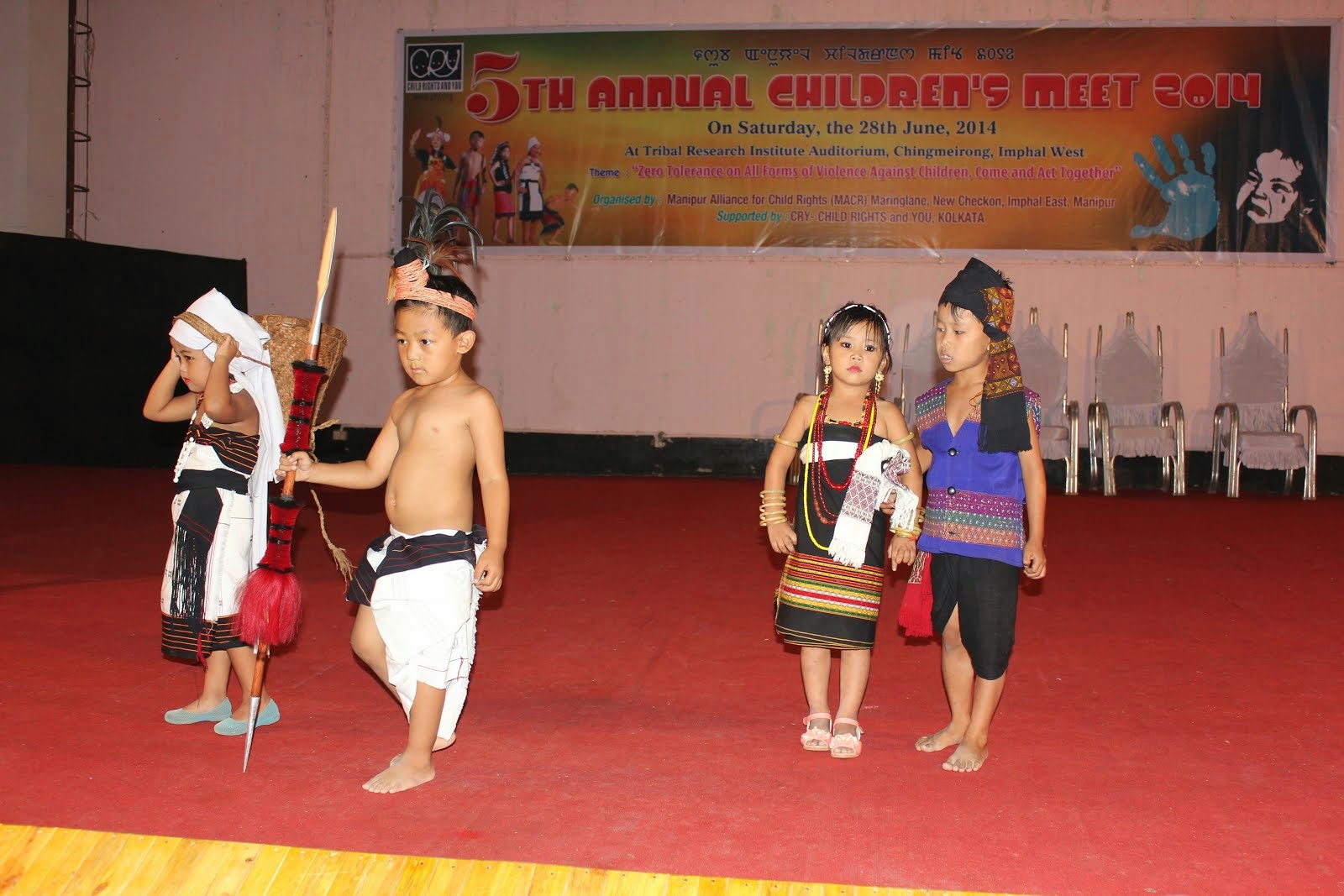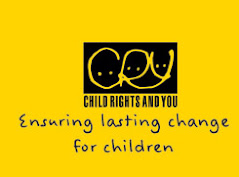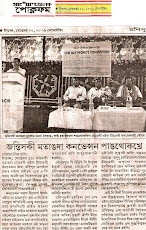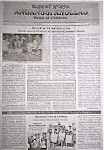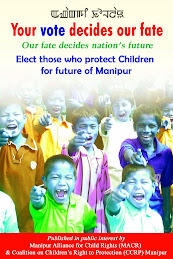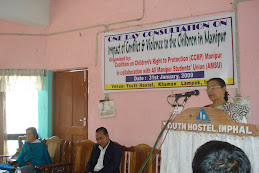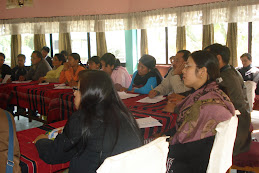By: Chitra Ahanthem
The topic of education in Manipur has various layers of complexities considering the way all educational institutions gets affected by the cycle of bandhs, curfews, school closures etc. On one hand is the apathy that exists in Government schools where teachers hanker after increase in their salary structures while on the other hand we have private schools mushrooming around us. The irony lies in the fact that teachers in the private sector are grossly underpaid, and work over time while the standard of education in Government schools is such that parents who teach in Government schools actually send their children to the private run schools! Yet, every private school is not the answer to putting in value in education. There have been many cases where schools have been set up and vanish within less than a year; of schools running without any recognition and flouting norms etc.
Yet, with school academic sessions just around the corner, most parents who are looking towards the school admissions of their children would be busy keeping a watch on admission norms and procedures. Schools on their part, but specifically private run institutions are busy running advertisements in various media forms to hold the attention of the parents. It has long been a norm for young children to be submitted to entrance level examinations. But post April 1, 2010 it may not be the same anymore for private schools.
April 1, 2010 was when the Right of Children to Free and Compulsory Education Act or Right to Education Act (RTE), came into effect after it was passed by the Indian parliament on 4 August 2009. The Act provides for free and compulsory education for children between 6 and 14 in India. It has its share of social protection for children of weaker sections and those with special needs with the Act specifying that the State must even provide for transportation support for such children. One interesting feature is the specification that every school must have a school management committee in place that is to be comprised of parents (75%) and the remaining being teachers, community leaders, education experts etc. The Act also puts the impetus on the state to ensure that parents send their children, which is obviously aimed at keeping children who do labour. To do this, the Act specifies that no extra fees will be taken from children in schools as capitation charges (exam fees, laboratory fees and others).
In the context of Manipur where academic sessions are affected by the regular cycle of bandhs, strikes, curfews and school shutdowns thanks to the fragile law and order situation in the state, parents and guardians have looked at the easy way out by encouraging private classes, also known as “tutions”. The RTE Act bans teachers working in government or private elementary schools are banned from taking private classes. But mostly, while Government schools looks set to have their infrastructure resources being upgraded it is the private schools that will have their wings clipped. They can no longer subject a child to tests or interviews for admissions, which will now have to be based on random selection.
The RTE provisions cover quite a lot of ground and one column will not suffice to cover every bit of it. For now though, we can begin by looking at the Manipur context of how the Act needs to be implemented and ensured. The first mandate for the State Government would be to get on board the various Student groups and civil society organizations as stakeholders towards ensuring the right to education. Unless there is a consensus that education be left out of the sphere of disturbances that happen in the state, the Act will not really transfer into anything of value. Schools and school students have borne the brunt of various political agitations in the state so far every year. The 3 month long shut down of schools in 2009 is a case in point here.
An important inclusion of the Act is the ban on corporal punishment in schools and that students cannot be detained or expelled. But what of violence among students? I will make my point by illustrating with the example of a private school in Manipur, (the school will not be named) which has parents as the main stakeholders and part of the management board. This example will reflect what can well happen in every school when School Management Committees with parents as main stakeholders come into effect: a student beat up another student to the point that the second student suffered from concussions and a broken nose. The child who was involved in the beating had been implicated in other acts of violence against other students in the past and the school head decided on expulsion. The school managing board did not allow this to happen and the head of the school resigned followed by other teachers.
The question here is not whether the school head should have expelled the child in the first place but what the school board was doing when the earlier cases of student violence had been reported. Would teachers have to pay every time such cases came to light? Just as every child has a right to free education, every student has the right to being in a safe environment in school. Unless there is strong support system of trained counsellors at schools to look into matters of student violence and other juvenile behaviour, keeping a rein on disciplinary action may affect the morale among teachers.
End-point:
Education is a huge investment for the future and all stakeholders have to ensure that the opportunities that the RTE gives to the citizens of the country, but specially its young citizens are properly channelized. Having said that, the gaps in the Act and its application to the local context of Manipur need to be looked at thoroughly





